Having focused on various aspects of future readiness for more than six years, the Consortium has begun taking a more intentional approach toward helping educators at the elementary level find ways to create future ready content for their classrooms and career learning experiences for their students.
Our Professional Development team, for example, last month hosted a webinar on “Elementary Future Readiness” for K-5 educators, and Program Director Gina Barrett from our Partnerships team, has worked this spring with United at Twin Rivers, a primary school in McKeesport Area School District, to pilot an elementary-level, workplace site-visit model with three regional employers.
“We think one of the most important things we can do to prepare students, even our youngest learners, for their futures is to help them develop agency, specifically the ability to plan for their futures,” said the Consortium’s Executive Director Jackie Foor. “To do this, our work focuses on helping youth answer three questions—Who am I? Who do I want to be? and How do I get there?
“These are simple, yet effective, questions that anyone, at any age, can use to guide themselves through a process of self-exploration, learning, and designing a pathway to achieve their goals,” she added.
Information and research presented during our webinar underscored those points and showed how the emphasis on each question should change across ages and grade levels. It also emphasized that the primary goal of career learning in K-5 is to help students discover a wide array of career possibilities and that getting them interested in careers yields significant benefits. Research shows it improves attendance, increases academic satisfaction, enhances self-awareness, and creates excitement about the future.
Program Director Christy Kuehn, PhD. discussed how different developmental stages open students to thinking about who they want to be. Program Director Sarah Brooks followed up with strategies for helping students in different grade levels explore careers, and Program Director Debbie Pixton shared strategies for helping students develop social and emotional skills that correlate to the state’s career-ready skills continuum.
“The impact that teachers, family members, and other adults have on students’ academic engagement is stronger in the elementary grades than at any other time in their schooling,” Kuehn told webinar attendees. “It sets the stage for what students’ worlds can look like as adults and determines whether they see opportunities or barriers.”






